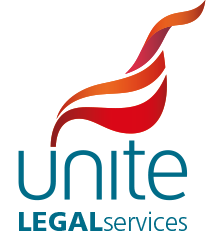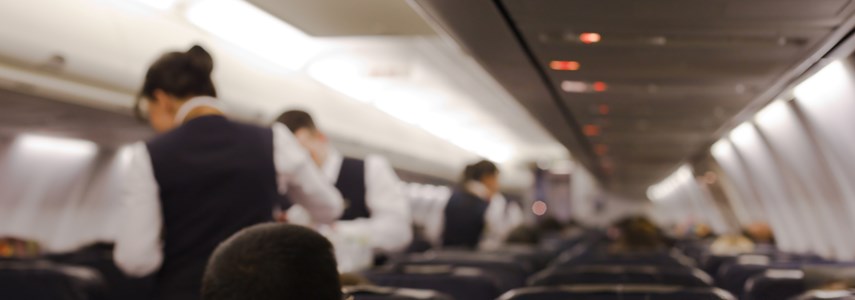Legal action by Unite, the UK’s principal aviation union, has secured compensation up to a maximum of £4,200 each for more than 2,000 Thomas Cook staff who lost their jobs when the travel firm collapsed in September 2019.
The compensation was awarded after Unite brought an employment tribunal claim over Thomas Cook’s failure to consult over the redundancies.
The claim was brought by Unite on behalf of 2,109 members who were Thomas Cook cabin crew or engineers based across the UK.
The tribunal found in favour of Unite because Thomas Cook should have begun consultation with the union at least 45 days before any redundancies took place.
The claim was made more difficult to pursue because Unite had to gain permission from the courts to launch it, as the company had been forced into compulsory administration.
As Thomas Cook no longer exists, the protective pay award will be provided by the government-funded Insolvency Service, which caps protective pay awards at a maximum of eight weeks pay at £525 a week.
Some members have already been paid part of their awards after claims were submitted to the Redundancy Payments Office, which issued payments in advance of the judgement.
Unite assistant general secretary for legal services Howard Beckett said: “Our members have finally received redress for the financial losses they suffered from Thomas Cook’s collapse.
“Unite was determined to pursue this case through the legal system until our members were properly compensated. This in some small way will help to partially compensate the affected workers who lost their jobs without notice or warning.
“The nature of the way in which Thomas Cook collapsed made the legal case even more challenging, with additional hurdles having to be crossed before a claim could even be lodged.
“It would not be possible to fight and win a case like this without the collective power of a trade union to drive it forward.”
Unite assistant general secretary for the aviation sector Diana Holland said: “Thomas Cook’s staff were not only badly let down by the company but by the government, who could have stepped in and ensured its future success when it was still salvageable.
“Instead, the taxpayer was forced to shell out £156 million on costs related to the collapse of a viable business, including a huge £83 million recovery operation for stranded travellers.”









